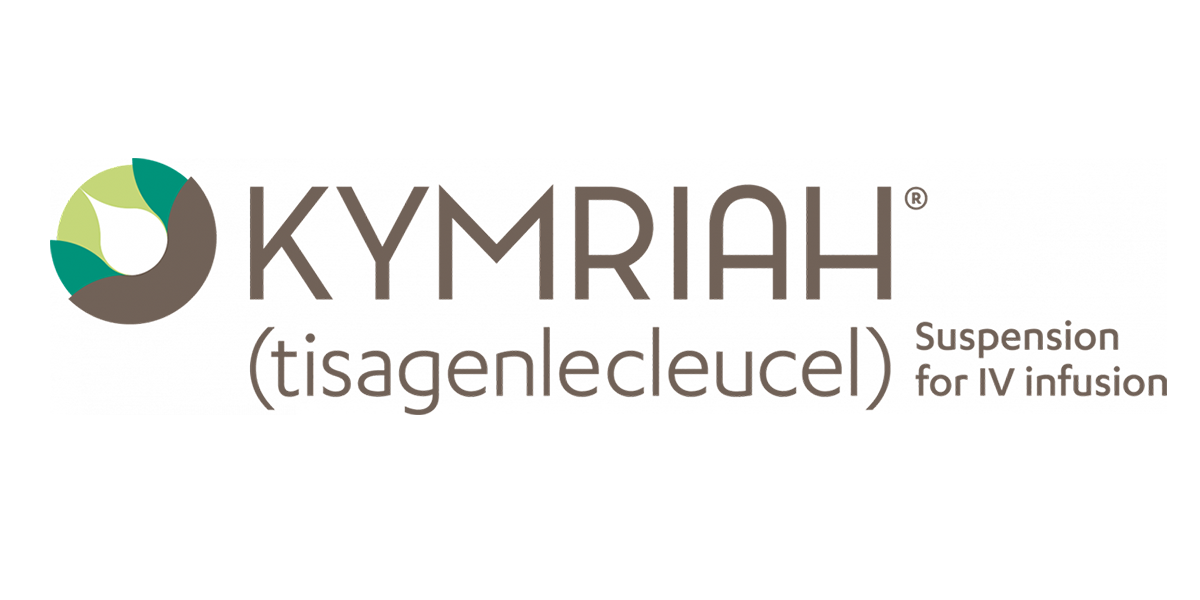
As the cliche goes, “All it takes is one.” Once the first one comes, many more follow.
This statement is poignant when talking about the emergence of CAR T-cell therapy as a viable and potentially curative cancer treatment.
The long-awaited “one” came on Aug. 30, 2017.
Tomorrow, Aug. 30, 2022, will be the five-year anniversary of the U.S. Food and Drug Administration approval of Kymriah® for children and young adults with acute lymphoblastic leukemia (ALL). Kymriah, the brand name for the cancer therapy tisagenlecleucel, was the first chimeric antigen receptor (CAR) T-cell therapy approved for any type of cancer, and it remains the only one available for leukemia.
Five more CAR T-cell therapies have been approved by the FDA in the months and years after. Now, five years after the approval of Kymriah, it’s a good opportunity to put into perspective this historic moment in cancer cell and gene therapy.
Kymriah opens the door for CAR T-cell therapy industry
CAR T-cell therapy involves enhancing the T cells of cancer patients to boost their ability to find cells expressing a specific cancerous protein. The process of CAR T-cell therapy is:
- Removal of the patient’s T cells
- Reprogramming the cells’ genetics by adding a CAR that looks for a specific protein linked to the patient’s cancer
- Allowing these enhanced cells to multiply
- Infusing the cells back into the patient’s bloodstream
CAR T-cell therapy is one of the leading types of cancer cell and gene therapy. This field of cancer treatment is engineering immune system cells to work more effectively at finding and killing cancer cells.
Since its initial approval, Kymriah has received two other approvals involving other blood cancers. The FDA approved the therapy for people with large B-cell lymphoma or follicular lymphoma after at least two other therapies have failed.
Kymriah is the only CAR T-cell therapy approved for types of both leukemia and lymphoma. Other CAR T-cell therapies approved for various blood cancers include:
- Yescarta® (axicabtagene ciloleucel) and Breyanzi® (lisocabtagene maraleucel) for non-Hodgkin lymphoma
- Tecartus® (brexucabtagene autoleucel) for mantle cell lymphoma
- Abecma® (idecabtagene vicleucel) and Carvykti® (ciltacabtagene autoleucel) for multiple myeloma

All five of these therapies followed behind Kymriah, which is developed and manufactured by Novartis. Kymriah’s approval is directly tied to Alliance for Cancer Gene Therapy’s early funding of Carl June, MD, who pioneered the development and testing in clinical trials through University of Pennsylvania and Children’s Hospital of Pennsylvania.
Dr. June, a past ACGT Research Fellow and current member of ACGT’s Scientific Advisory Council, called CAR T-cell therapy curative for cancer patients. He has even called a few of the first patients – those who have made it five years with no signs of cancer – “effectively cured” of their disease.
This bold, yet truthful, proclamation is credited to the success of Kymriah.
Perspectives of people who were part of Kymriah’s approval
Many brilliant scientists and other professionals helped advance Kymriah through the clinical trial process and eventually get the FDA’s approval as the first CAR T-cell therapy for cancer.
Alliance for Cancer spoke to a couple of the people who had the unique perspective of working for Kymriah’s manufacturer, Novartis, five years ago.
“When I first started working on the Kymriah program, many people had doubts about whether a cell and gene therapy could be successfully transitioned to a commercial product,” said Will Chou, who was the vice-president for Novartis’ Cell and Gene Therapy group when Kymriah was approved.
Chou helped with the international commercial launch of Kymriah. He’s now the CEO of Aruvant, a clinical-stage gene therapy company.
“Kymriah helped show that what seemed like a pipe dream at the time was actually possible. I am so proud that our success with Kymriah has directly affected so many patients with leukemia and lymphoma, and indirectly helped patients with countless other diseases now being investigated with cell and gene therapies.” — Will Chou, vice-president for Novartis’ Cell and Gene Therapy group when Kymriah was approved
Novartis recently released new data from a clinical study involving this CAR T-cell therapy. The 5-year relapse-free survival rate for leukemia patients who received Kymriah was 44%, meaning nearly half of patients who receive this cell and gene therapy live for five years with no signs of cancer returning.
The overall 5-year survival rate is 55%. Additionally, 82% of patients experience remission (cancer gets smaller or is wiped out).
“Kymriah was one of the most exciting projects available to work on at Novartis, because it was widely viewed as potentially curative,” said Gaurav Shah, MD, who was Global Program Head of the Cell and Gene Therapy division at Novartis when Kymriah was approved.
Dr. Shah helped lead clinical trials involving Kymriah, which was pivotal to the FDA’s eventual approval. Shah is now the CEO of Rocket Pharmaceuticals.
“I think the next 10 years will see major advances in gene and cell therapies – beginning with rare diseases and cancer, and potentially expanding to other disease types such as autoimmune, nervous system and infectious,” Shah said.
The role of ACGT in Kymriah’s development
Alliance for Cancer Gene Therapy played an integral role in Kymriah’s development. The non-profit organization’s mission is to fund bold and innovative cell and gene therapy research programs in hopes of improving treatment options for cancer patients.
The research behind Kymriah fit this description. At the time of Kymriah’s early development, cancer patients had few options. Leukemia patients were limited to chemotherapy and stem-cell transplants. If those two didn’t work, patients were often left with no other courses of action.
Kymriah has been an answer for many of these patients, and the therapy would not be here today if not for ACGT’s financial support, which is the direct result of generous public donations. ACGT continues to fund innovative research programs to find more viable and potentially curative cell and gene therapy options for cancer.
For this reason, we stress the power of your donation and how it can continue the momentum towards cures for all types of cancer. As we celebrate the 5-year anniversary of Kymriah’s approval, please donate to ACGT today to fund more scientists’ work and make more curative therapies a reality – just as Kymriah is today – and not just a pipe dream.



